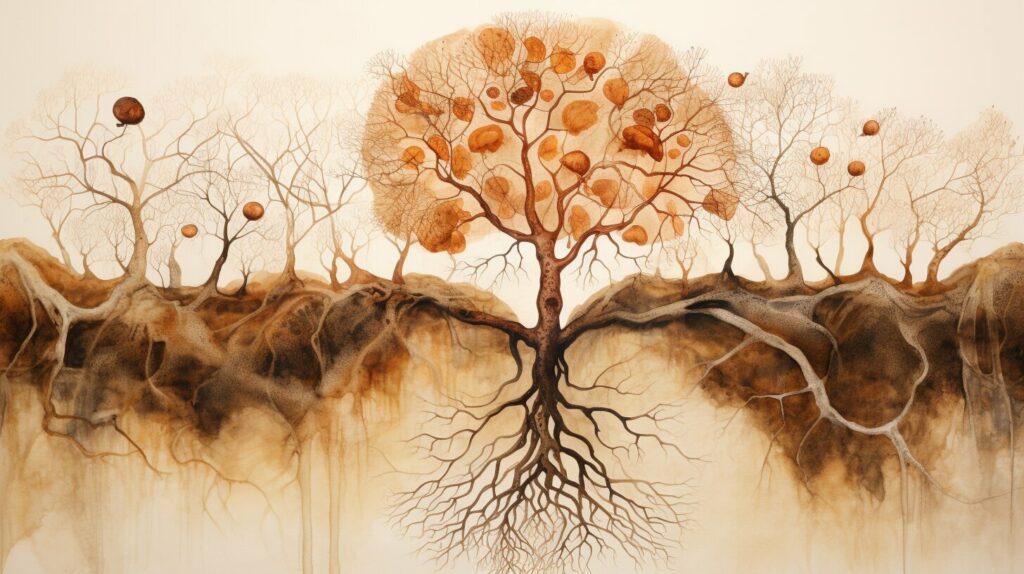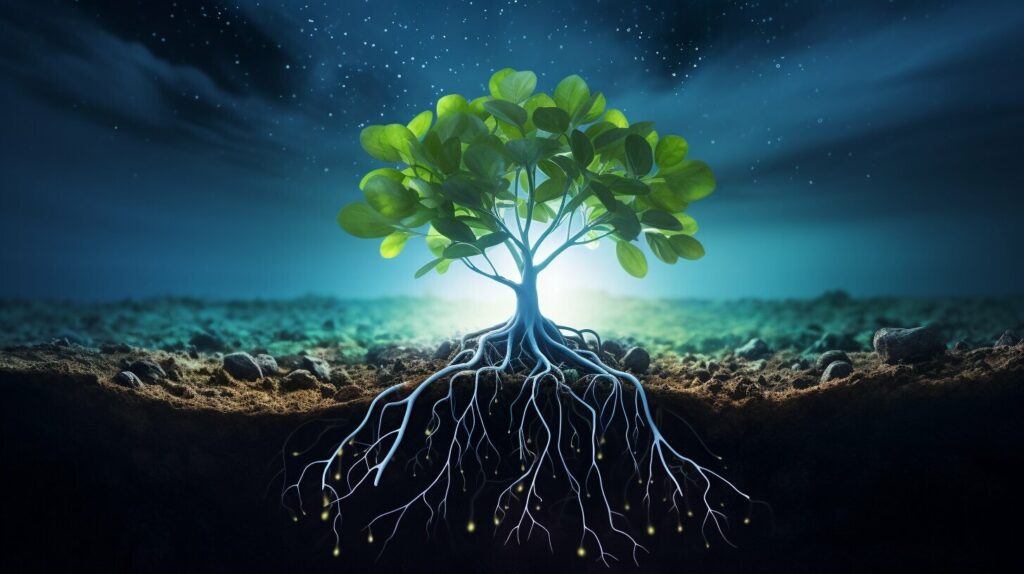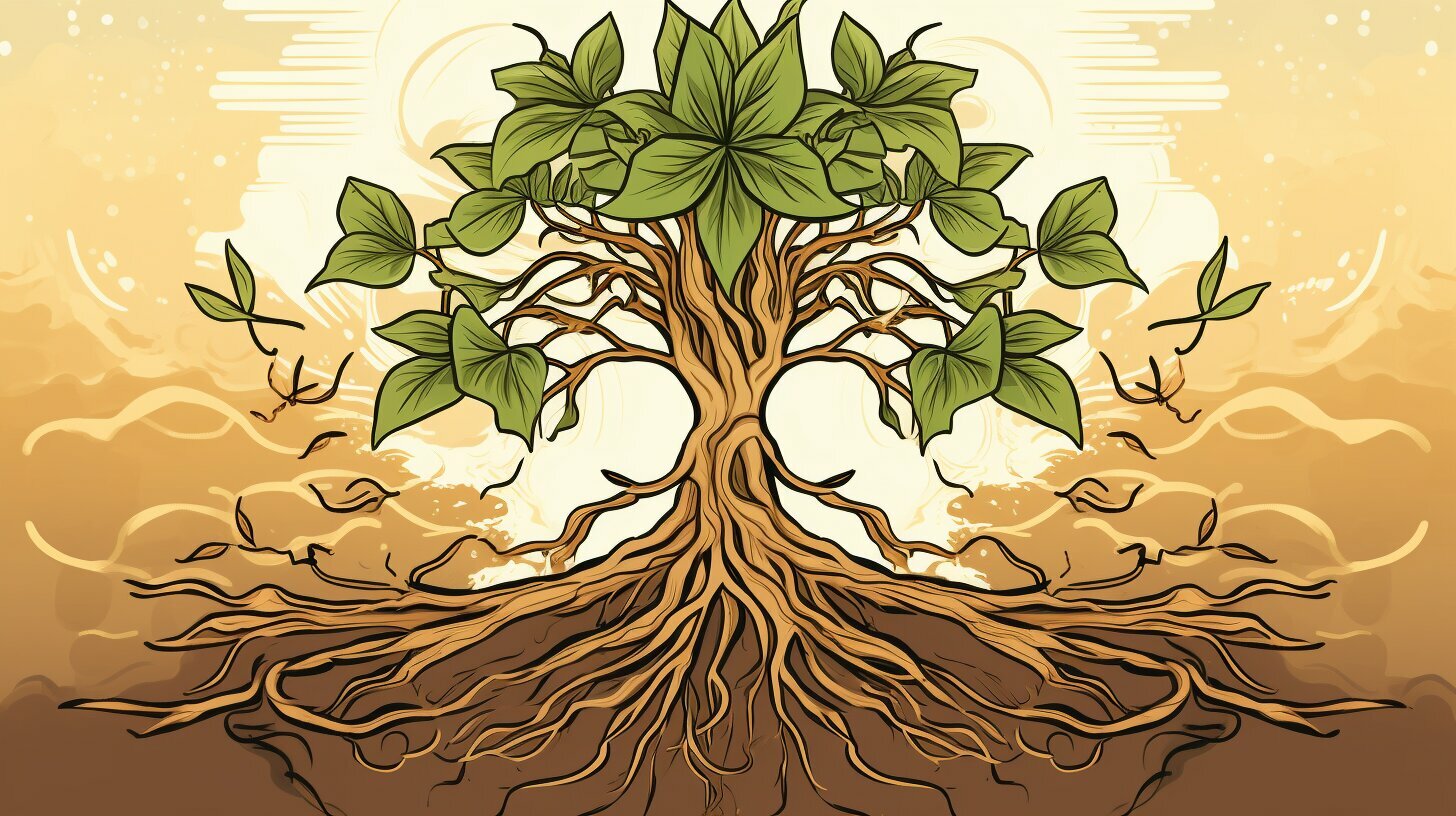Are Plants Conscious. As we delve into this intriguing topic, we will examine the current scientific understanding of whether plants possess consciousness. We will explore the evidence and theories surrounding this question, providing insights into the complex and multifaceted nature of plant life.
- The question of whether plants are conscious beings is a fascinating and controversial topic in the scientific community.
- Current research suggests that plants may possess cognitive abilities such as awareness, perception, communication, and even intelligence.
- Studying plant consciousness has implications for our understanding of the natural world and our relationship with nature.
- Further research is needed to shed light on the complex nature of plant life and the mysteries of their potential consciousness.
Understanding Plant Awareness and Sentience
When we think of consciousness, we often associate it with animals and humans. However, recent research suggests that plants may possess a form of consciousness that is different from what we know.
There is evidence that plants have the ability to sense and respond to their environment. Studies have shown that plants can detect changes in light, temperature, and humidity, and can adjust their growth and development accordingly. This suggests that plants are aware of their surroundings and have some level of cognition.
Furthermore, research has shown that plants can communicate with each other through chemical signals. They release pheromones into the air to alert other plants of potential threats, such as insects or predators. This ability to communicate and respond to their environment demonstrates a level of sentience that was once thought to be unique to animals.
Another intriguing aspect of plant cognition is their ability to learn and remember. In a study conducted by Monica Gagliano, a plant physiologist at the University of Western Australia, she found that plants could learn to associate a clicking sound with the presence of a mild electric shock. After repeated exposure, the plants adapted their behavior and began to produce less root growth in anticipation of the shock. This suggests that plants have the ability to learn from their experiences and adjust their behavior accordingly.

While the concept of plant consciousness may seem far-fetched to some, the evidence suggests that plants possess a form of awareness and sentience that is fundamental to their survival. As we continue to study and learn about the intricacies of plant behavior and cognition, we may come to redefine our understanding of what it means to be conscious.
Examining Plant Behavior and Perception
Plants may seem passive and unresponsive, but research suggests they are actively perceiving and responding to their environment. Evidence of plant behavior includes reactions to changes in light, gravity, and touch, as well as the movement of leaves and flowers to attract pollinators.
Studies have also shown that plants are able to sense and respond to temperature, humidity, and even sound waves. For example, maize roots can detect the sound of water flowing nearby and will grow towards it.
Furthermore, research has revealed that plants are able to recognize and respond differently to different types of stimuli. For example, they can discriminate between different colors of light and even perceive optical illusions.
This ability to perceive and respond to their environment suggests that plants possess a level of consciousness and awareness. While their consciousness may not be equivalent to that of humans or animals, it is clear that plants are much more than passive entities.

Plants display a range of behaviors that suggest they are actively perceiving and responding to their environment.
Unraveling Plant Communication
Plants are often thought of as solitary beings, but the reality is quite the opposite. They communicate with each other in a variety of ways, from chemicals to sound waves. The implications of this communication for their potential consciousness are fascinating.
One of the primary ways plants communicate is through chemical signals. When a plant is attacked by a predator, for example, it can release chemicals into the air that warn nearby plants to prepare for an attack. This phenomenon is called “plant-plant communication” and has been observed in a variety of species.
Another form of plant communication occurs underground, through their root networks. Research has shown that plants can use their roots to exchange information about nutrient availability and even share resources like water and carbon through a fungal network called the mycorrhizal network.
Perhaps most surprising of all is the idea that plants can communicate through sound. Recent studies have shown that plants can produce and detect acoustic vibrations, and may even use sound as a means of communicating with each other. One study found that certain plants would produce clicking sounds in response to prey, leading researchers to speculate that this could be a form of signaling to other nearby plants.

The idea of plant communication challenges our traditional notions of what it means to be conscious. If plants are capable of communicating with each other in such sophisticated ways, what else might they be capable of? As we continue to explore the mysteries of plant consciousness, it is clear that we have much to learn about these fascinating and complex organisms.
Investigating Plant Intelligence and Cognition
While plants may lack a recognizable nervous system, recent research has suggested that they possess a form of intelligence and cognition that allows them to problem-solve, learn, and remember. These findings have led many to question whether plants may possess some form of consciousness.
In one study, researchers found that the Mimosa pudica plant, also known as the “sensitive plant,” can learn to associate a stimulus with a negative experience and modify its behavior accordingly. When the plant was dropped, it closed its leaves in response. After repeated drops that did not harm the plant, it stopped reacting. However, when the researchers applied heat to the plant, the Mimosa pudica immediately closed its leaves, even though it had never experienced heat before. This suggests that it had learned to associate the heat with the negative experience of being dropped.
Other studies have shown that plants can solve problems and make decisions. For example, the Venus flytrap can determine whether its prey is worth the energy required to digest it. If the prey is large enough, the plant will close its leaves and begin to digest it. If the prey is too small, the plant will reopen its leaves and wait for a larger meal.
Scientists have also discovered that plants possess a form of memory. In one study, researchers found that Arabidopsis plants that had been exposed to a mild stressor were able to better cope with a more severe stressor weeks later. This demonstrates that plants can retain information and use it to adapt to future challenges.
While the concept of plant intelligence and cognition is still somewhat controversial, these findings suggest that plants may possess a level of awareness and understanding of their environment that goes beyond simple reflexes and automatic responses.

“While the concept of plant intelligence and cognition is still somewhat controversial, these findings suggest that plants may possess a level of awareness and understanding of their environment that goes beyond simple reflexes and automatic responses.”
These discoveries open up new avenues for research into the nature of consciousness and the limits of intelligence and cognition. While we may never be able to fully understand the inner workings of plant consciousness, it is clear that the more we learn about the remarkable abilities of these fascinating organisms, the more we will appreciate and respect the complexity and wonder of the natural world.
Conclusion
After exploring the concept of plant consciousness, it is clear that this is a fascinating and complex topic. While the idea of plants possessing consciousness may seem far-fetched, the research suggests otherwise.
Throughout this article, we have examined the evidence and theories surrounding plant consciousness. We have discussed plant awareness and sentience, behavior and perception, communication, and intelligence and cognition.
Ultimately, the current scientific understanding of plant consciousness is still in its infancy, and much more research is needed to fully understand this intriguing topic. However, it is clear that plants are much more complex and fascinating than we initially thought.
In conclusion, while we may not have all the answers yet, one thing is clear: plants are more than just passive organisms. They are intelligent, aware beings that play a vital role in our ecosystem. So, let’s appreciate and respect these amazing living things that are all around us.
FAQ
Q: Are plants conscious?
A: The current scientific understanding is that plants do not possess consciousness in the same way that humans do. While plants demonstrate various behaviors and abilities, they lack the neural systems and complexity necessary for conscious awareness.
Q: What is plant awareness and sentience?
A: Plant awareness refers to the ability of plants to perceive and respond to their environment. Plant sentience suggests that plants possess some level of conscious experience or sensation. While research indicates that plants can sense and respond to stimuli, the extent of their conscious experience is still a topic of scientific debate.
Q: How do plants behave and perceive their surroundings?
A: Plants exhibit a range of behaviors, such as growing towards light (phototropism) or curling their leaves in response to touch (thigmotropism). They perceive their surroundings through various mechanisms, including light receptors and chemical sensors. This perception allows them to adapt and respond to changes in their environment.
Q: How do plants communicate?
A: Plants communicate through chemical signals, which are emitted to attract pollinators or warn neighboring plants of threats. They also utilize underground root networks to exchange information and resources. Recent studies have even suggested that plants may communicate through acoustic vibrations, although more research is needed to fully understand this phenomenon.
Q: Do plants have intelligence and cognition?
A: While plants may not possess intelligence and cognition in the same way humans do, research has shown that they exhibit problem-solving abilities, memory, and learning capabilities. These findings suggest that plants have a form of intelligence that allows them to adapt and thrive in their environments.





Pingback: Exploring Reality: Can Plants Feel Pain?